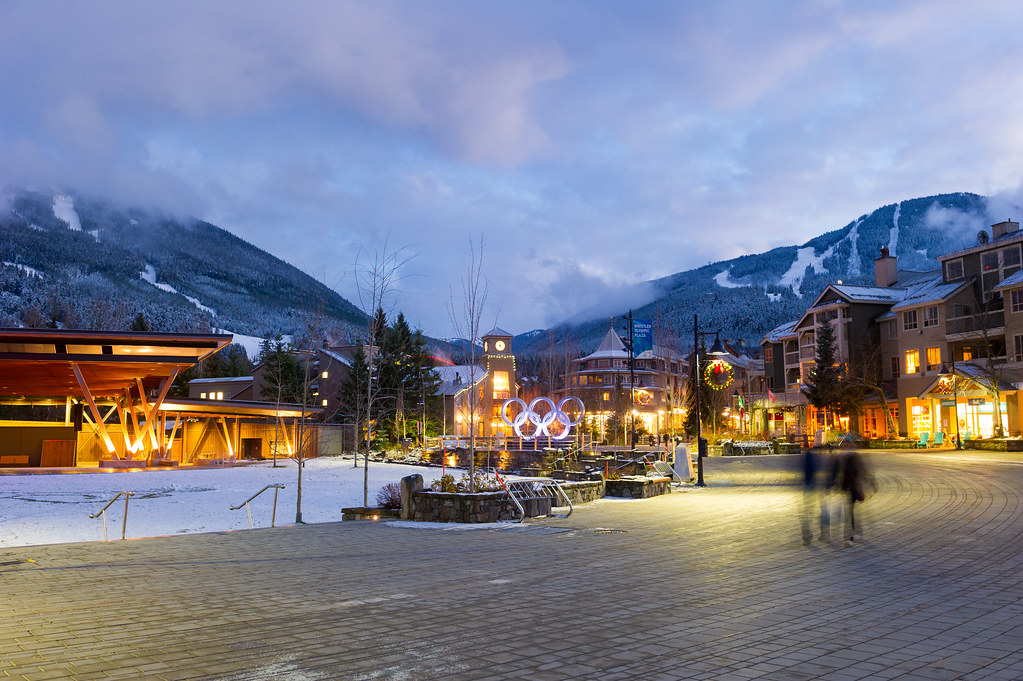The "Hydrogen Highway" Pig-in-a-Poke
"The average fuel range is below the amount specified in the contract and is worse during the colder winter months, maintenance costs and time are three times higher than diesel buses, and the fuel costs/consumption is three times that of a diesel bus."
BC Transit document, 2012

"Maintenance costs for a diesel bus average 64 cents per kilometre, and $1 for hydrogen bus, with those costs expected to increase to $2.28 per kilometre by he end of the five-year program as component and part warranties expire."
The Whistler Question newspaper

"The hydrogen buses don't run properly in the cold Whistler environment. You'd think someone would have considered that, before any cash was spent."
Ben Williams, president, Unifor Local 333, Victoria

This was British Columbia's boast, under former premier Gordon Campbell, in a deal with former California Governor Arnold Schwarzenegger that BC and California could create a hydrogen highway along the West Coast of North America to prove to the world their green credentials. And in 2009, twenty buses complete with hydrogen power plants were delivered to the province and handed to its most famous little town nestled in the Canadian Rockies, the southern Pacific range of the Coast Mountains.
 |
| Whistler Village at dusk -- Whistler Tourism |
Picturesque and perfect, a wonder to behold, a jewel of a geography, meriting a bold new initiative in living within nature's parameters. Whistler's share of this grand new plan in environmental responsibility was $16.8-million, the province pledged $1.8-million for annual "incremental costs", and the federal government allotted a generous $48-million to the audacious initiative for zero-emission, non-polluting public transit.
To serve as a test run before all public transit everywhere finally transitioned.
The buses came in at a whopping $2-million each, four times what regular diesel buses cost, twice the amount of hybrid-powered models (which are also prone to breakdowns). The data produced by BC Transit made available through a provincial Freedom of Information Act request, state that each of those wonder buses in Whistler requires one kind of repair after another for every three thousand kilometres of service, as compared to diesel buses' requirements of maintenance every 5,000 kilometres.
The buses operate on fuel cells, creating a chemical reaction turning hydrogen into energy, emitting water instead of polluting carbon exhaust. One of the problems is that the technology balks in cold weather conditions, which Whistler has an abundance of, every winter without fail; consider its environment, after all.... Freezing water tanks make it difficult and sometimes impossible to start an engine. Little annoyances like that crop up, unanticipated, but why not?
As for the environmental friendliness of it all, the low-cost, the efficiency and cleaner air, well, it's rather compromised since there are no manufacturers of commercial quantities of hydrogen in Western Canada. Plans at the outset of the five-year test-run that eventually local production facilities would be created never materialized. And so, every ten days or so, a diesel-operated fleet of trucks delivers the required hydrogen right across Canada, the distance from Quebec where the hydrogen is produced, to British Columbia.
"Depending on what the fleet is replaced with, it's a little premature to comment on whether I'll be disappointed in seeing the hydrogen buses leave or not", astutely and rather diplomatically commented Whistler's mayor. At least relations between the town council and the union representing bus drivers will improve; the drivers are somewhat disgruntled over the nuisance factor of coping with the balky buses.
But the experiment is over, the five-year $89.5-million transit pilot project in Whistler: "The largest hydrogen fuel cell bus fleet and largest fuelling station in the world", is ratcheting down. BC Transit is unwilling to keep flinging unrewarded funding into the project.
Rest in peace.
Labels: British Columbia, Crisis Management, Environment

0 Comments:
Post a Comment
<< Home